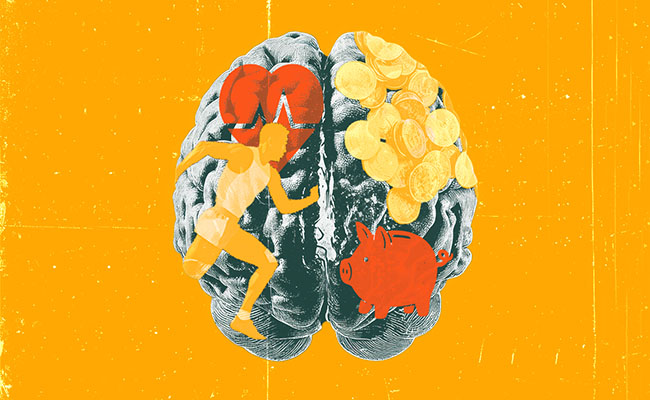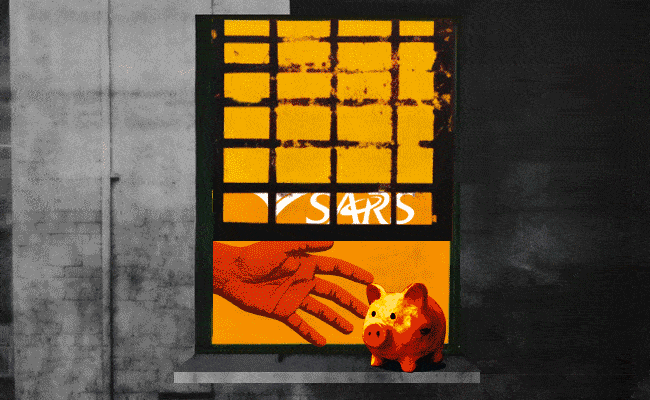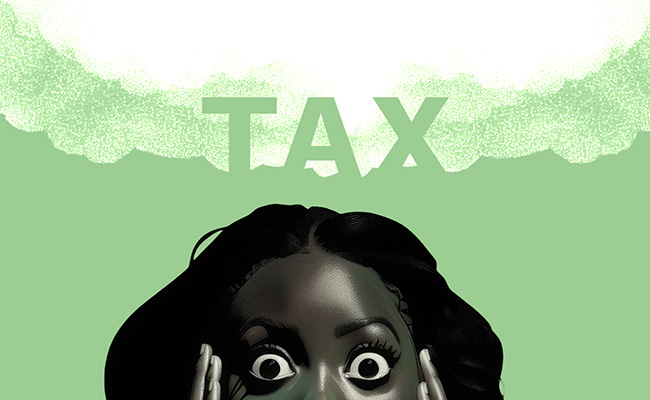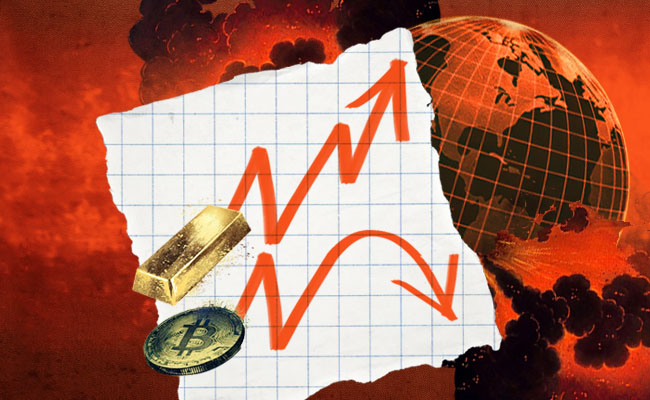Benjamin Franklin’s timeless observation that “nothing is certain except death and taxes” remains as relevant today as it was centuries ago. Given these certainties, we should equip ourselves with fundamental knowledge in two critical areas: human biology to understand our bodies, and personal finance to navigate our economic lives.
As an engineer with parents who are a maths teacher and a commercial pilot, neither biology nor personal finance formed part of my upbringing or formal education. I didn’t enjoy memorising things and gave up biology in grade 9, yet went on to complete a doctorate in biomedical engineering at Oxford, which felt like being dropped into the deep end of human biology.
Later, in 2018, I left Discovery to launch Franc, South Africa’s first digital wealth adviser. As the key individual of an authorised financial services provider, I found myself again in the deep end, this time in personal finance.
Now in my mid-40s, after investing significant time in both subjects, I believe everyone should understand at least the basics to make better decisions about their health and financial security. Yet neither subject forms part of our compulsory school curriculum, leaving millions financially illiterate and vulnerable to exploitation.
The consequences of this gap are profound. According to the Financial Sector Conduct Authority, barely half of our population is financially literate, which impacts their decisions on saving for retirement, opening bank accounts and making sound investment decisions.
The effects are visible in our economy. Household savings rates dropped to -1.2% in the first quarter of this year, compared with the recommended range of 10%-15%. Debt-to-income ratios exceed 70%, with the most vulnerable consumers spending as much as 76% of their income repaying debt. Payday loans, which carry interest rates of 24%, are a lifeline for some, but also a trap. A striking 72% of South Africans say their retirement savings are not on track, according to the 10X Retirement Reality Report. Only 28% have enough emergency savings.
Beating financial vulnerability
Health offers a useful analogy. Just as genetic predispositions shape our risk of disease, the structural features of our economy – poor economic growth, high unemployment and a suppressed job market – increase our financial vulnerability. But good habits can reduce risk. Going for a weekly jog is equivalent to having emergency savings.
Perhaps most troubling is the growth in online gambling. South Africans wagered R1.14-trillion last year, an activity that correlates strongly with financial stress. Without an understanding of concepts like expected value or probability, people become easy prey for platforms designed to obscure the certainty of long-term losses.
These behaviours stem from information asymmetry in the financial sector. Doctors are bound by the Hippocratic oath to “do no harm”. Financial professionals have no such code. Commission structures often incentivise advisers to sell products that benefit them, not their clients. Without even a basic grasp of finance, consumers remain open to exploitation.
This enables systemic abuse. Complex products are often marketed with jargon, high fees that can devastate long-term wealth, and credit agreements that are laced with hidden penalties.
The responsibility to safeguard our future begins with our own education.
Three foundational concepts matter most:
- Inflation – the silent thief eroding purchasing power. South Africa’s average rate of 5.6% a year since 2000, according to Stanlib, means R100 today would buy just R94.40 worth of goods a year from now.
- Compound growth – the “eighth wonder of the world”. Small fees can destroy returns: a 2% annual fee consumes nearly 40% of potential wealth over 30 years. Likewise, compound interest accelerates debt.
- Diversification – never put all your eggs in one basket. Spread investments across asset classes, geographies and time to reduce risk.
Death and taxes are inevitable. Financial ruin is not. Financial literacy is an essential life skill. Every day we ignore its principles, we become more vulnerable, less secure and less free.
The burden of learning is ours, but the rewards – security, freedom and informed choice – justify the effort. In a country where financial education is not guaranteed, self-education becomes an act of empowerment and economic justice.
As Franklin said: “A word to the wise is enough”. The time to start is now.
Thomas Brennan is a co-founder of Franc, a South African fintech that helps people invest simply and affordably.
Top image: Rawpixel/Currency collage.
Sign up to Currency’s weekly newsletters to receive your own bulletin of weekday news and weekend treats. Register here.














